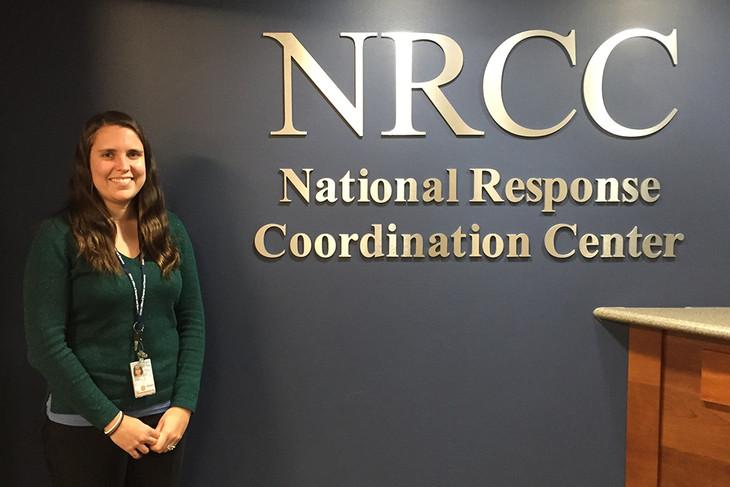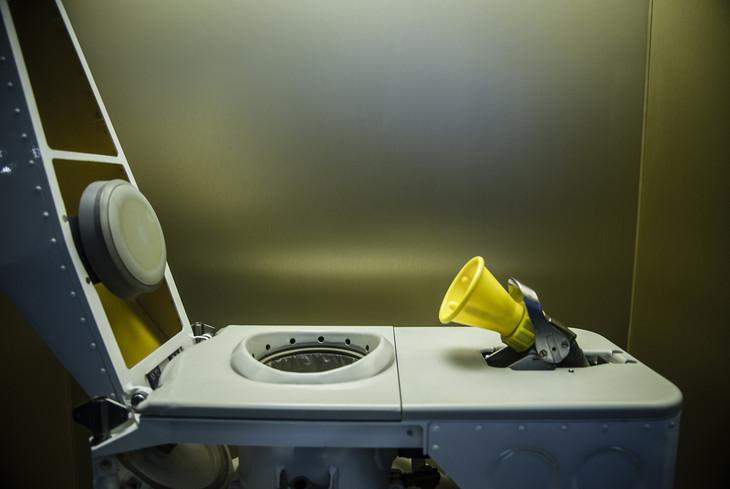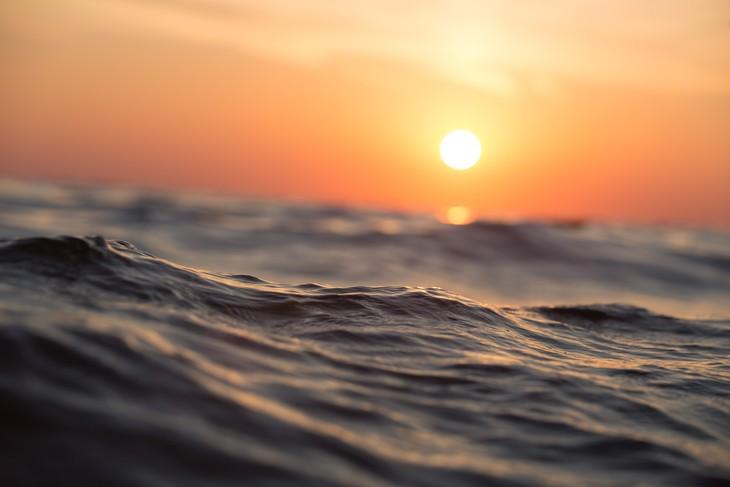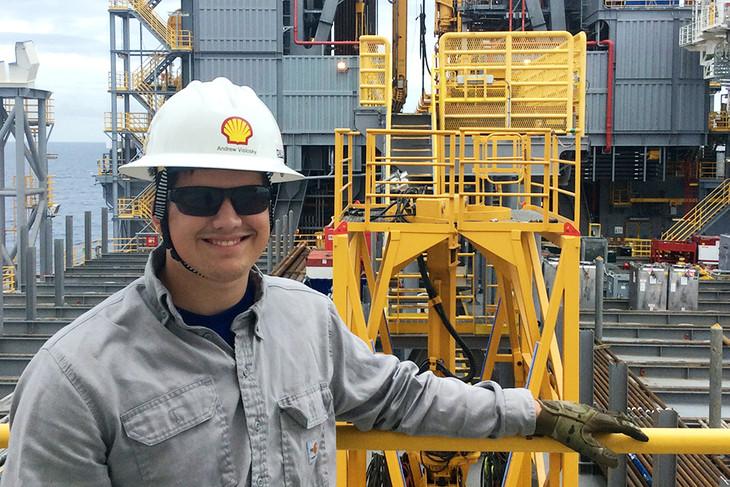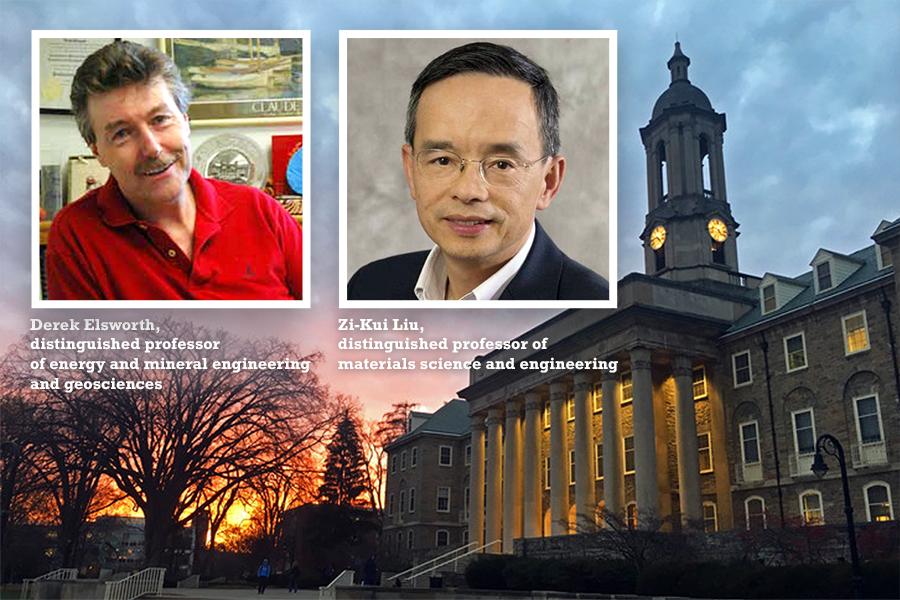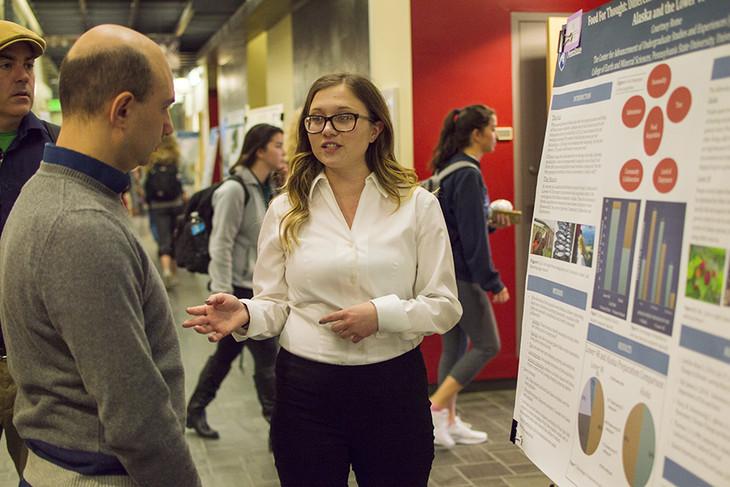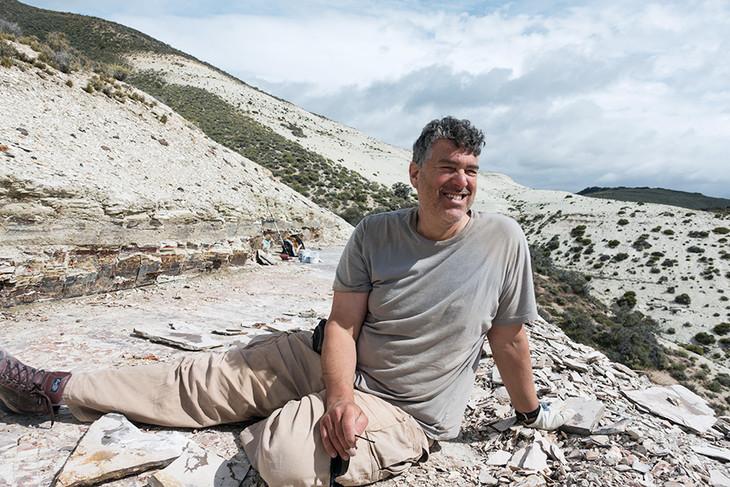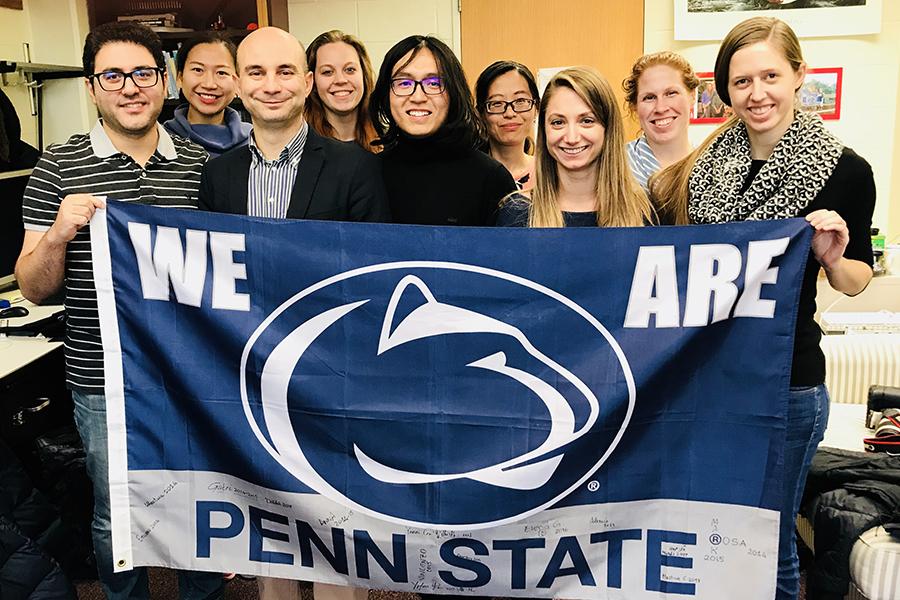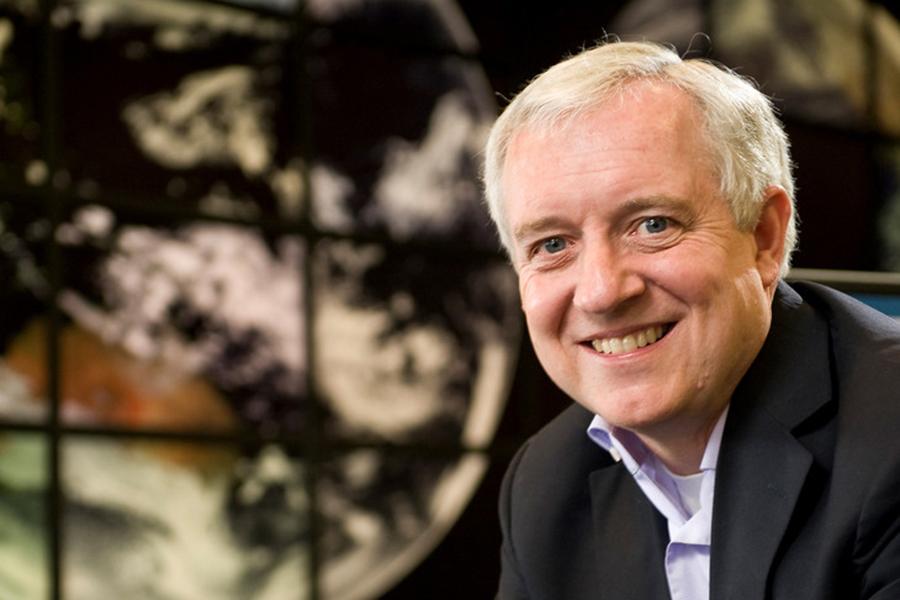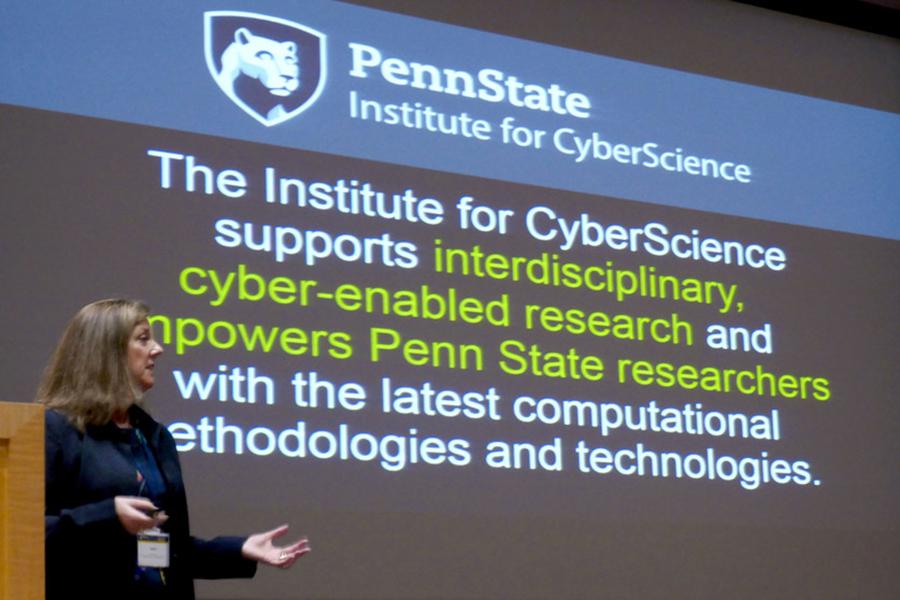As an emergency management specialist with the Federal Emergency Management Association, Adrienne Kramer is applying her geography skills to build maps, analytical tools and other resources to help the agency improve its response and recovery operations.
Human waste may one day be a valuable resource for astronauts on deep-space missions. Now, a Penn State research team has shown that it is possible to rapidly break down solid and liquid waste to grow food with a series of microbial reactors, while simultaneously minimizing pathogen growth.
The warming climate is expected to affect coastal regions worldwide as glaciers and ice sheets melt, raising sea level globally. For the first time, an international team has found evidence of how sea-level rise already is affecting high and low tides in both the Chesapeake and Delaware bays, two large estuaries of the eastern United States.
Being an elite student in an elite program at Penn State affords some elite opportunities. For Andrew Vislosky, a senior majoring in petroleum and natural gas engineering at Penn State, it meant being one of eight students worldwide granted an all-expenses-paid trip to the Oil & Money Conference recently held in London.
Penn State's Office of the Vice Provost for Faculty Affairs has named 15 distinguished faculty.
During a 2017 educational-based trip to Alaska that was focused on glacial systems, Courtney Rome began studying something that wasn’t on the syllabus. Her curiosity resulted in an award-winning poster at the annual EMS Undergraduate Poster Exhibition.
In graduate school Peter Wilf published his first paper in the journal Paleobiology. So, the geosciences professor said being named a Fellow of the Paleontological Society, which publishes the journal, was an extra special honor.
Never has the world been better positioned to predict and respond to natural disasters. The stream of data at our fingertips is seemingly endless. But the size of this mounting trove of information in itself poses a problem. For example, running flood calculations for a city facing heavy rains using a century of data is highly accurate. But the calculation is useless if it takes days or weeks to compute.
David W. Titley, professor of practice in meteorology, professor of international affairs, founding director of the Center for Solutions to Weather and Climate Risk, Penn State and retired rear admiral, U.S. Navy, was appointed chairman of the advisory committee for the National Academies' new Climate Communications Initiative.
The Institute for CyberScience will bring two acclaimed researchers to Penn State in spring 2018 through the ICS Distinguished Visiting Researcher Program. The program provides funding for accomplished scholars in computational science fields to visit, deliver seminars, meet students, and discuss potential collaborations with Penn State faculty.


